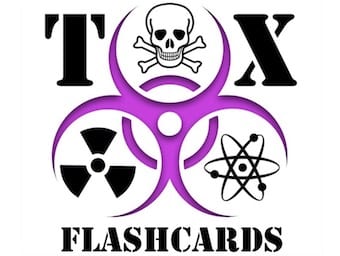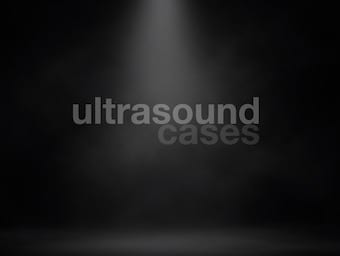
Jellybean 107 Abnormal Treatment Behaviour with Jannie Geertsema
The stress and trauma associated with what you do is real and it affects how you perform. Jannie Geertsema chats Jellybean style about Abnormal Treatment Behaviour

The stress and trauma associated with what you do is real and it affects how you perform. Jannie Geertsema chats Jellybean style about Abnormal Treatment Behaviour

Cholinergic Toxidrome was the first flashcard I created, and forever encapsulates Travis as “the guy on the toilet”

I drew my inspiration for the Extrapyramidal Side Effects flashcard from the pop photography of Andy Warhol.

In the flashcard we added the classic dead baby on the ceiling as seen later in the film. Lastly, while I didn’t include an antidote flashcard for Narcan (Naloxone), I would have surely drawn inspiration from Renton’s visit to Mother Superior.

In this flashcard I drew my friend and colleague Dr Jawad Kassem, a Board Certified Hyperbaric Medicine doctor.

A 30 year old woman presents with right iliac fossa pain. Quantitative BHCG is positive at 2500 IU. Her bladder is empty so you proceed to transvaginal ultrasound.
Biography 1960 – Graduated George Washington University Medical Eponyms Watson’s test (1988) [scaphoid shift] – to assess scapholunate instability Key Medical Attributions Controversies Major Publications Watson HK, Ashmead D 4th, Makhlouf MV. Examination of the scaphoid. J Hand Surg Am. 1988…

Ipecac is no longer recommended for the induction of emesis in acute toxic ingestions, but it is fun to meme its use with the Family Guy

Indications and Role: The UK recommends a vaccine called Rabipur or Rabies vaccine BP. These are both freeze dried chick embryo cells or human diploid cells retrospectively with inactivated virus. Once reconstituted they should be used within the hour. Administration and…

It is probably more appropriate to use the term 'cannabinoid analog' rather than Synthetic Marijuana, but now we’re talking semantics.

A woman of 40 presents with intermittent RUQ pain and nausea. You try to find her gallbladder. Wall-echo-shadow (WES) sign

So you can't get enough of tropical medicine and you want to be tested to the extremes of altitude medicine or you are feverish for some tropical torment then this is the page to get your fix of ACT, RIG or schizont. Get your rabies MCQ fix now.